Critics believe the education system is in shambles. Obtaining or providing systematic instructions at school is flawed. Innumerable students, especially those of low-income are not getting the education they need. Large class sizes and understaffed schools are the main contributors. The State of California reports that 80% of schools have a shortage and 82% of teachers are not qualified for the job. Experts believe that these statistics may only worsen due to current circumstances. The solution seems clear, Artificial Intelligence.
Artificial Intelligence may completely change the ball game. The growth of the AI market is predicted to grow by 42.2% from 2020 to 2027 and be worth around 700 billion USD. The AI Education market is anticipated to magnify in these subsequent years as companies gear up to produce products to the industry. How will everything change?
AI is already making great strides in personalizing websites, self-driving cars, and disease mapping machines. The systematic changes in education may be similar. Artificial Intelligence will create personalized learning plans for students to map their different strengths and weaknesses. Although there are already numerous apps designed to examine users’ shortcomings and provide lessons to remediate the learning gap, such as Khan Academy, future apps will likely be much more proficient in doing so. It is vital to note teachers often do not have the time or funds to examine student weaknesses but a machine learning program would be much more adequate at that task. It would also be able to communicate to the teacher about the issue.
Not only can artificial intelligence provide rich, personalized plans for every learner but it may be advantageous for a systematic problem– solving bias. Every person holds bias, unconscious or not, which can negatively impact the learner. Since artificial intelligence does not have a conscious brain akin to a human, it will not have any bias. Stereotypes such as girls are better at English and boys are better at math may soon vanish because of suitable learning for everyone. However, bias in AI itself is posing an issue. Although a robot cannot hold any biases, the information which the AI feeds into may be biased itself. Disadvantaged communities may continue to suffer because of half-hazardous produced technology. When the UK rolled out a software that would assign a student their exam results, without an actual test, due to COVID-19, it discriminated against schools in poor districts, leading universities to withdraw admissions to individuals. After much backlash, the system was reversed but the topic remains a big concern.
All in all, Artificial Intelligence will reshape the education field forever. It will allow educators to create personalized learning plans which places focus on the individuality of the child. This will allow for weaknesses to be weeded out and strengths to be recognized. In the not so distant future, AI has the potential to stop bias and make education fairer but in the meantime bias in the software itself remains a vexing issue. Nonetheless, AI has the potential to make the learning process much more streamlined.
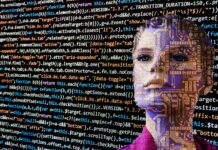







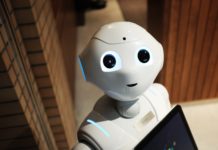
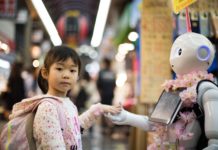
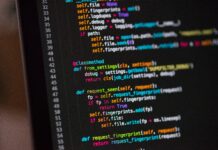
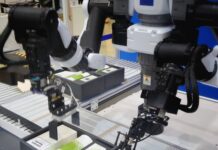



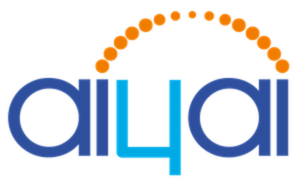




Great article
Very good article
Very nice 😼😼😼